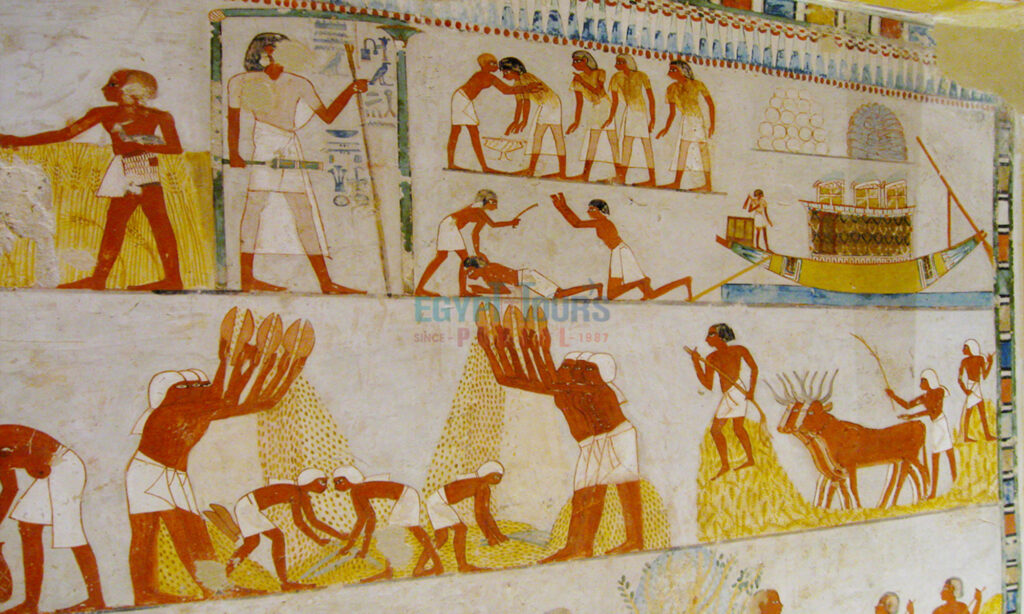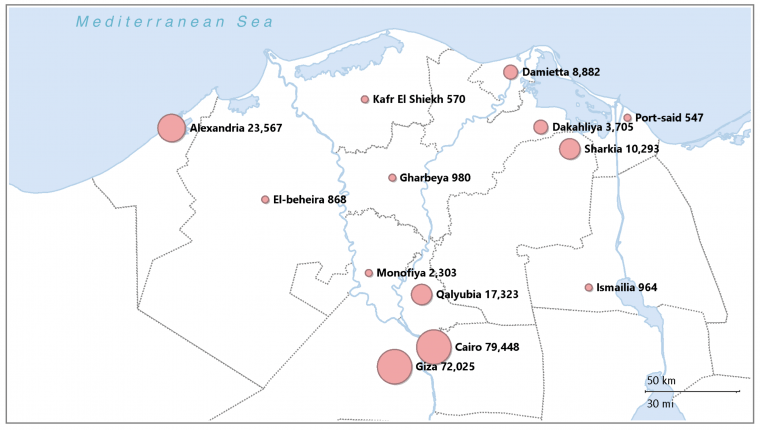CASE STUDY “EGYPTIAN LABOR MOBILITY SCHEMES AND EUROPEAN LABOR MARKETS: THE CASES OF ITALY AND FRANCE”, EXPLAINED.
As labor shortages intensify across Europe and the Gulf, employers are seeking skilled, adaptable workers who can integrate quickly and contribute meaningfully. Egypt, with its rich heritage of craftsmanship and a modernized vocational education system, offers a strategic solution.
 A Legacy of Craftsmanship
A Legacy of Craftsmanship
Egypt’s reputation for skilled labor is rooted in millennia of artisanal excellence. Today, this legacy continues in sectors such as:
-
- Construction and infrastructure
-
- Electrical and mechanical trades
-
- Textiles and garment production
-
- Agriculture and food processing
Egyptian workers are known for their precision, discipline, and ability to thrive in demanding environments.


 Technical Education & Vocational Training
Technical Education & Vocational Training
Egypt’s technical education system accommodates nearly 2 million students and produces over 650,000 graduates annually. The TVET Egypt program supported by the EU and the Egyptian government, is transforming vocational training through:
-
- Modernized curricula aligned with labor market needs
-
- Upgraded infrastructure and equipment
-
- Career guidance and job placement services
-
- Partnerships with private sector employers
Learn more about the TVET Egypt program and the Technical Education and Vocational Training Support and Development Program.
 International Labor Mobility Schemes
International Labor Mobility Schemes
Egypt is actively participating in international labor mobility programs such as the THAMM Project, a joint initiative by the Egyptian government, EU, Germany, ILO, IOM, and GIZ. These programs aim to:
-
- Facilitate safe and legal migration pathways
-
- Certify and validate Egyptian workers’ skills
-
- Improve job placement mechanisms across borders
Explore the THAMM Project in Egypt and the IOM’s labor migration report.
 Labor Market Insights
Labor Market Insights
According to the World Bank, Egypt’s labor force reached 33.7 million in 2024. The Egypt Labor Market Panel Survey (ELMPS 2023) reveals:
-
- Increasing digital literacy and green job readiness
-
- Strong participation in vocational training among youth and women
-
- High alignment between training and employment outcomes
These insights confirm Egypt’s readiness to supply skilled labor for international markets.
 Why Employers Should Consider Egyptian Talent
Why Employers Should Consider Egyptian Talent
-
-
Reliable and scalable workforce
-
Cost-effective recruitment
-
Multilingual and culturally adaptable professionals
-
Strong government and international support for labor mobility
-
Proven success in Gulf and European labor markets
-

Egypt’s workforce is not just abundant—it’s ambitious, skilled, and globally connected. For employers in Europe and the Gulf, tapping into Egypt’s talent pool means investing in a workforce built on tradition, trained for today, and ready for tomorrow.

 A Legacy of Craftsmanship
A Legacy of Craftsmanship Technical Education & Vocational Training
Technical Education & Vocational Training International Labor Mobility Schemes
International Labor Mobility Schemes Labor Market Insights
Labor Market Insights Why Employers Should Consider Egyptian Talent
Why Employers Should Consider Egyptian Talent